I have two Dask DataFrames with the same number of partitions.
The first one has few columns and few rows for each partition (so Pandas DataFrame), but the number of rows could differs between two partitions (not the columns). The second Dask DataFrame has exactly the same number of partitions but have only 1 value. I'm trying to merge these 2 Dask DataFrames by merging, partition to partition like below.
Dask DataFrame N°1 (toy example):
Dask DataFrame N°2 (with only 1 value per partition and so only 1 column):
And my aim is to obtain a Dask Dataframe like this :
I tried Dask.assign() with Dask.map_partitions() but without success.
Do you have an idea to make this efficently ?
Regards.
rmarion37


